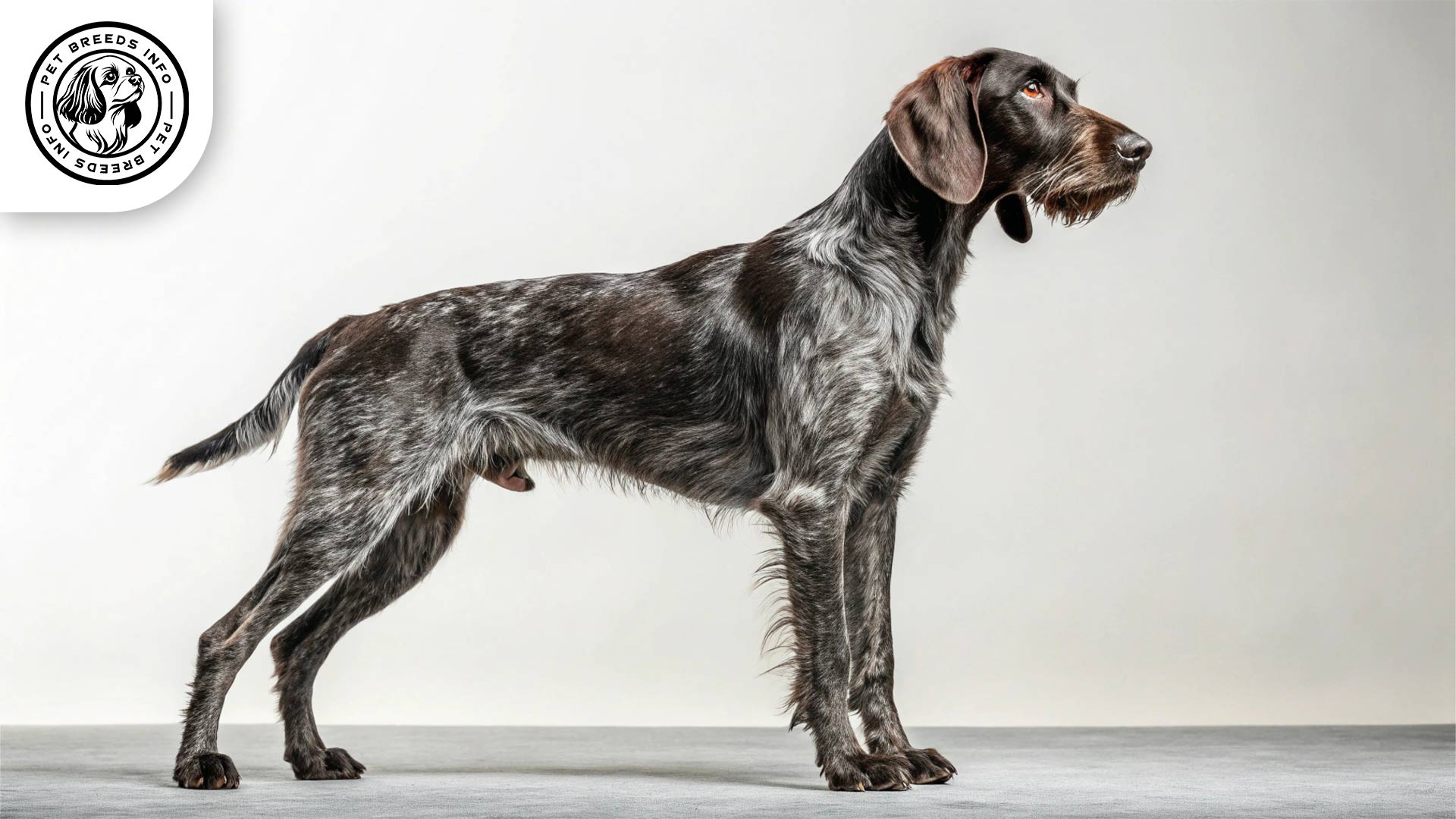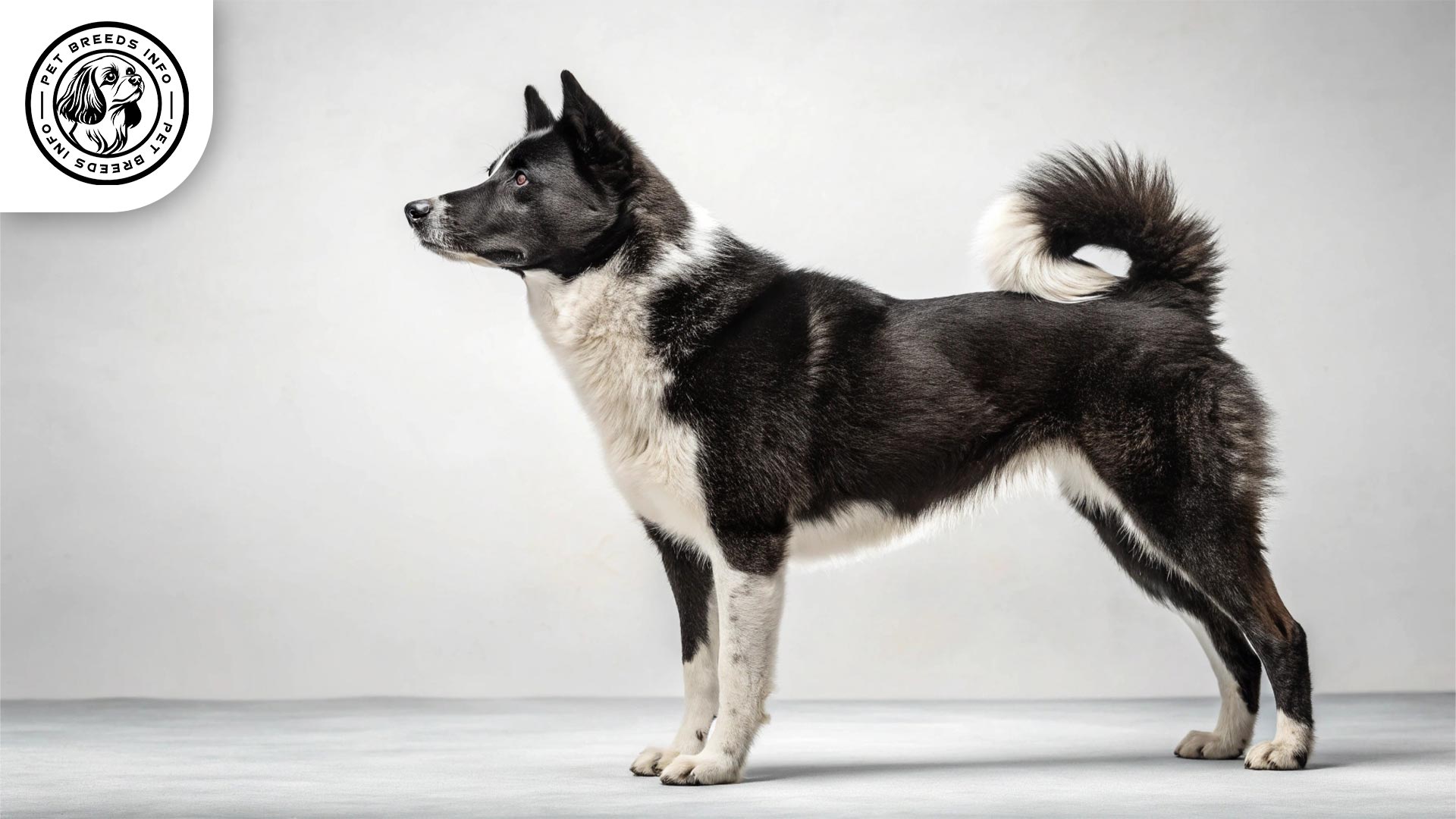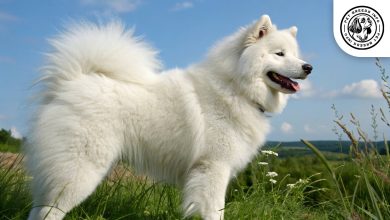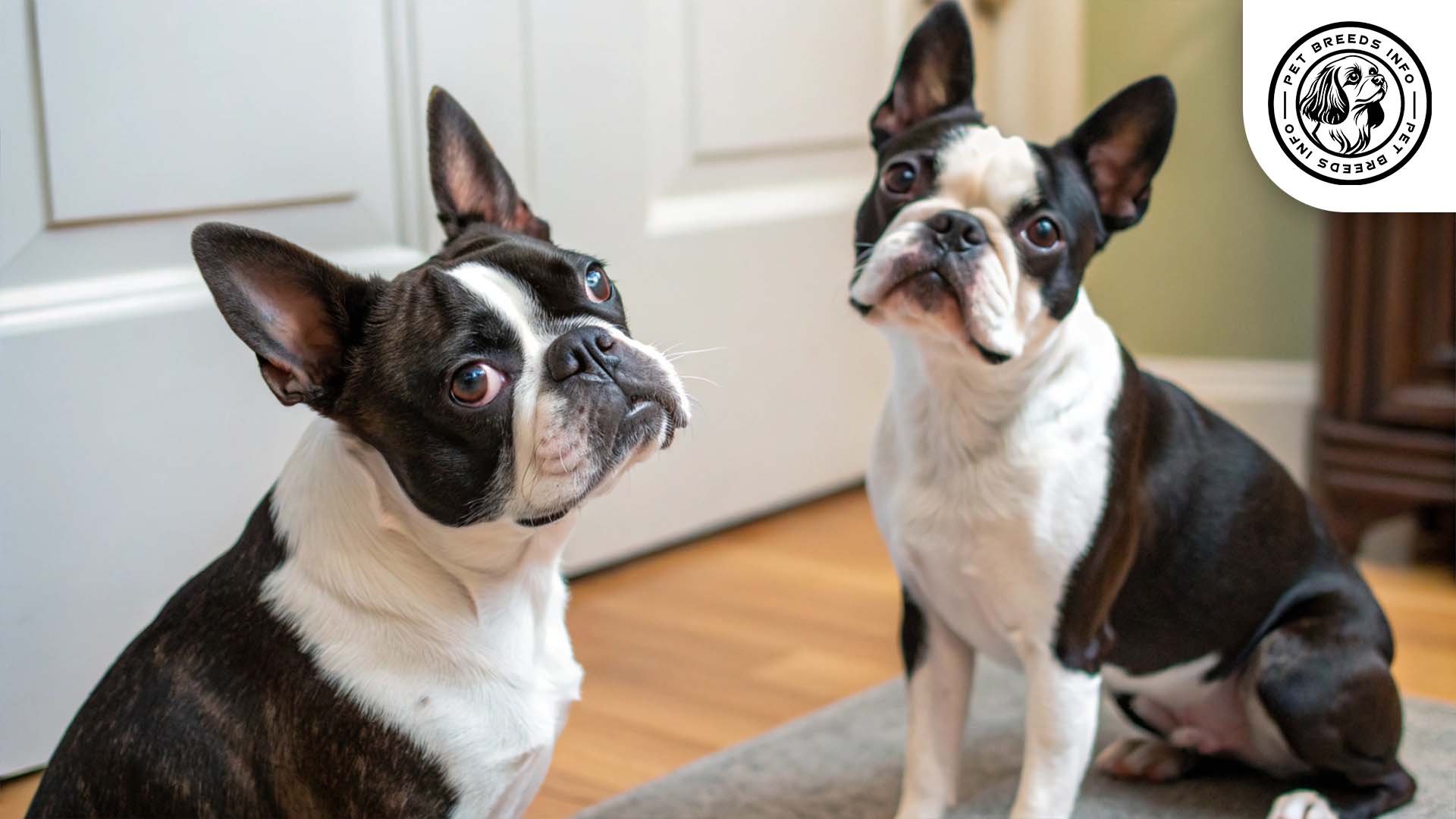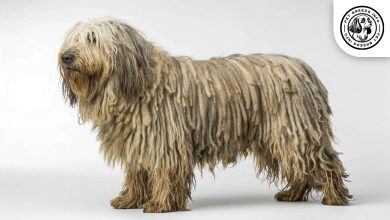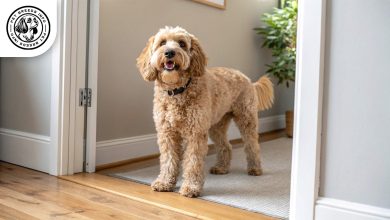German Longhaired Pointer Dog Breed: Size, Price & Personality
General Introduction of the Breed
The German Longhaired Pointer, known in German as “Deutsch Langhaar,” is a sporting dog breed developed in Germany. It is sometimes referred to as the Deutsch Langhaar, but no other alternative names are commonly used.
This breed traces its origins back to the 19th century, where it was developed by selectively breeding various hunting dogs to create an all-purpose gun dog. The German Longhaired Pointer was primarily bred for hunting and retrieving game in a variety of terrains, making it a versatile and reliable hunting companion.
Table of Contents
| Weight | 25-35 kg |
| Lifespan | 12-14 years |
| Diet | High-quality kibble, wet food, or raw diet |
| Care | Moderate grooming; weekly brushing needed |
| Health | Prone to hip dysplasia, bloat, and ear infections |
| Color | Brown, brown & white, roan |
| Nature | Intelligent, energetic, affectionate |
| Price | $800 – $1,500 |
Physical Characteristics
The German Longhaired Pointer is a medium to large-sized dog. Males typically stand between 24 to 28 inches (60-70 cm) tall and weigh between 66 to 77 pounds (30-35 kg), while females are slightly smaller, standing between 23 to 27 inches (58-68 cm) and weighing 55 to 70 pounds (25-32 kg).
It has a long, dense, and slightly wavy coat that provides protection in harsh weather conditions. Coat colors include brown, brown and white, roan, and various patterns with ticking or patches.
The eyes are usually dark brown, giving the dog an intelligent and alert expression. The ears are long and dropped, hanging close to the head. The tail is moderately long and may have feathering, often carried straight or slightly curved.
This breed is well-muscled and athletic, with strong legs designed for agility and endurance in the field.
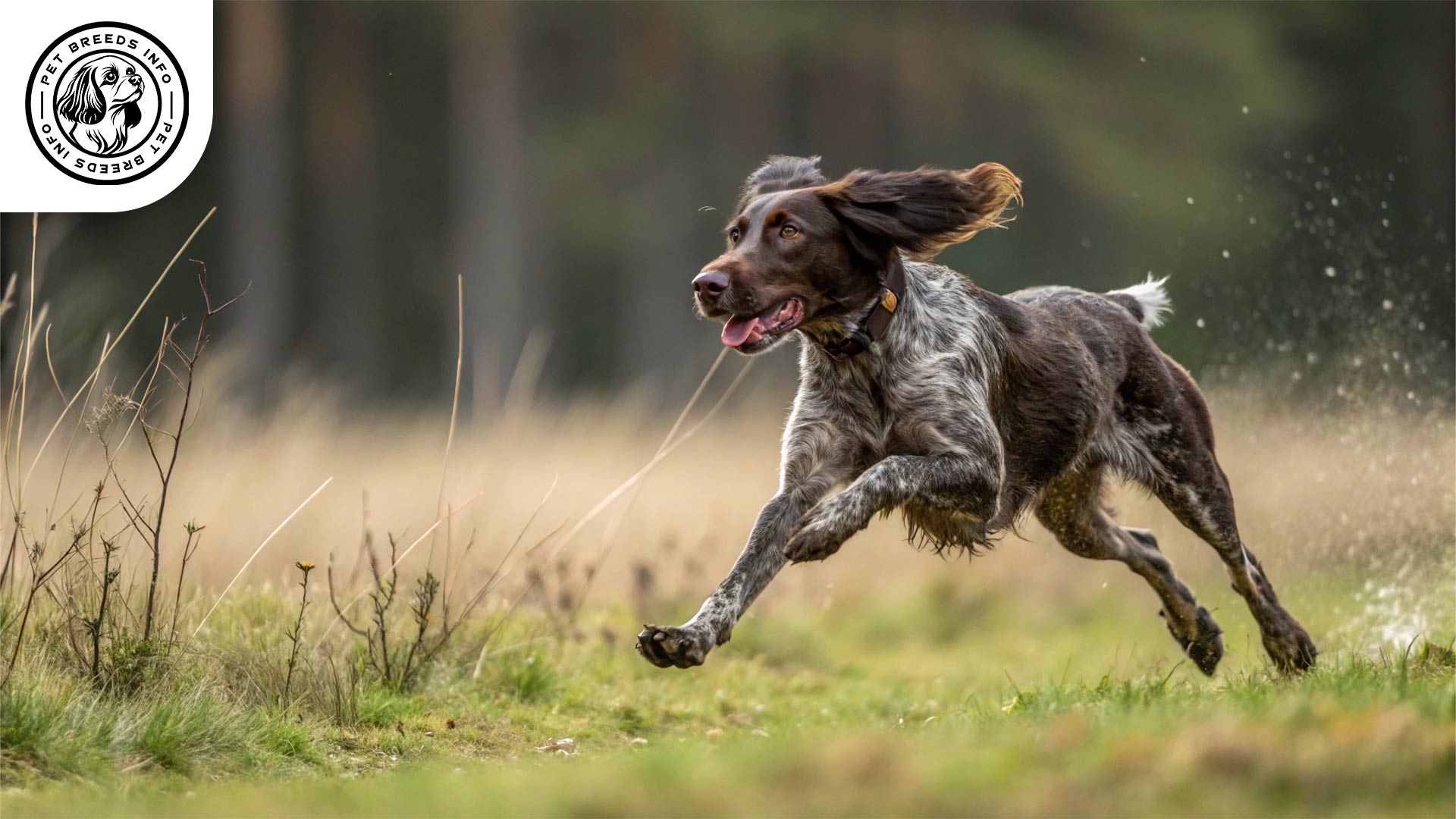
Personality and Temperament
The German Longhaired Pointer is highly intelligent, making it easy to train and eager to learn. It has a high energy level and requires regular physical and mental stimulation.
This breed is very affectionate and forms strong bonds with its owners, making it a loyal companion. It thrives on human interaction and prefers being involved in family activities.
It is generally good with children and other pets, especially when appropriately socialized from an early age. However, due to its hunting instincts, supervision may be needed around smaller animals.
The breed is highly sensitive to environmental changes and responds well to positive reinforcement in training. Consistency, patience, and structured activities are essential for maintaining good behavior.
Care and Maintenance Requirements
The German Longhaired Pointer requires plenty of daily exercise, including long walks, off-leash running, and interactive play. It is best suited for homes with large yards or access to open spaces rather than apartments.
Grooming needs are moderate, with regular weekly brushing required to prevent matting and remove loose hair. The breed sheds moderately throughout the year and more heavily during seasonal changes.
It is relatively tolerant of cold weather but may struggle in extreme heat, so adequate shade and hydration are necessary during warmer months.
Read More: Blue Heeler Dog
Basic hygiene practices such as regular bathing, nail trimming, ear cleaning, and dental care should be maintained to ensure overall health.
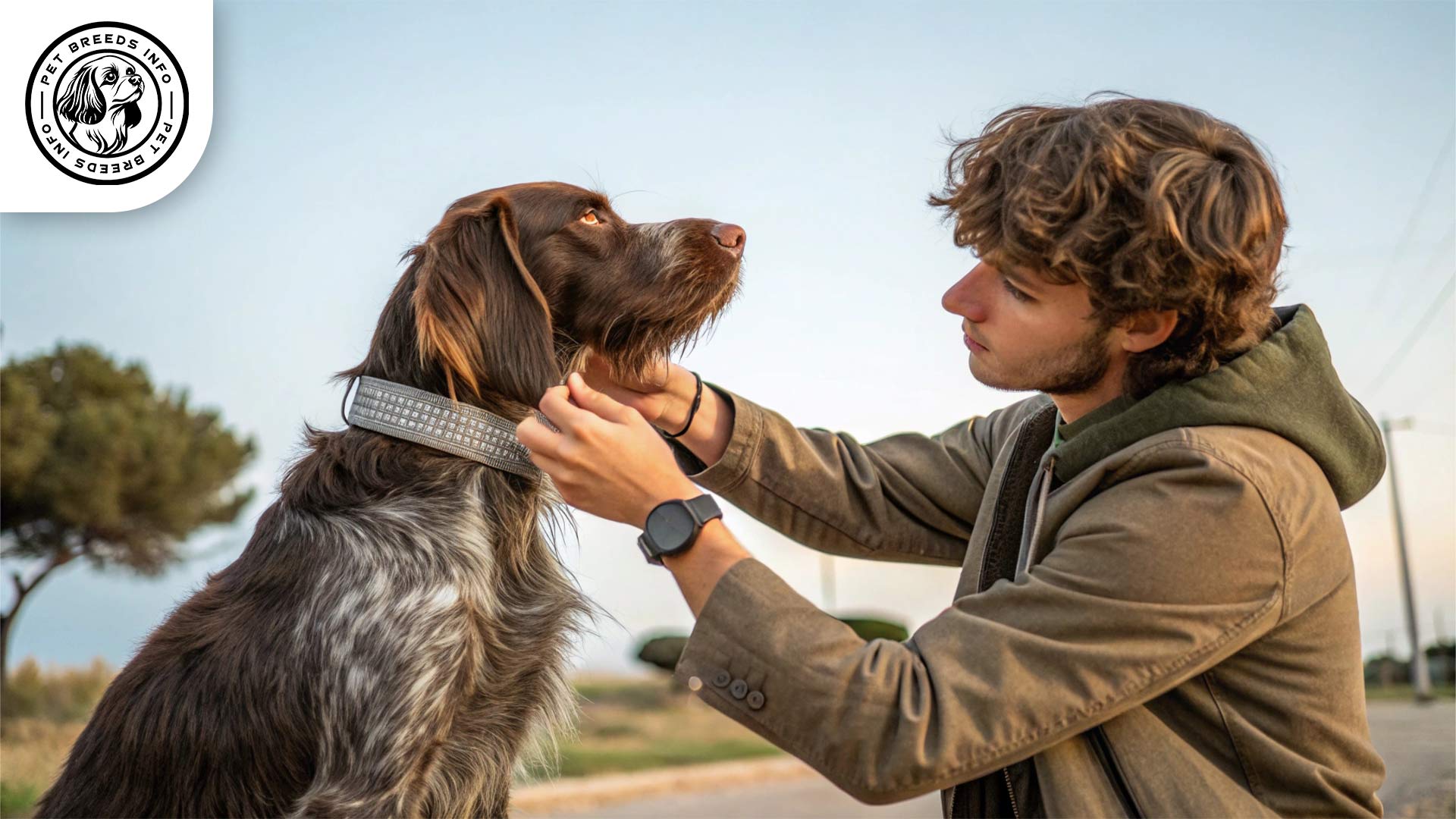
Diet and Nutrition
A high-quality diet consisting of dry kibble, wet food, or a raw diet is recommended for the German Longhaired Pointer. A protein-rich diet is essential to support its active lifestyle.
Specific dietary needs may include joint-supportive supplements due to its athletic nature. Foods such as chocolate, grapes, onions, and excessive fatty foods should be avoided.
Adult dogs should be fed two balanced meals per day, while puppies may require three to four smaller meals.
Health and Common Medical Issues
The German Longhaired Pointer is generally healthy but may be prone to genetic conditions such as hip dysplasia, bloat (gastric torsion), and certain ear infections due to its floppy ears.
The average lifespan of this breed is around 12 to 14 years.
Routine vaccinations, parasite prevention, and regular veterinary check-ups are necessary to maintain good health.
Training and Behavior Management
This breed is highly trainable and eager to please, responding well to positive reinforcement methods such as praise and treats.
Early training and proper socialization are essential to curb excessive enthusiasm and prey drive. Basic obedience training should start at a young age.
Read More: Dutch Smoushond Dog
Consistency in training, firm leadership, and engaging activities like scent work or agility can help channel its energy productively.
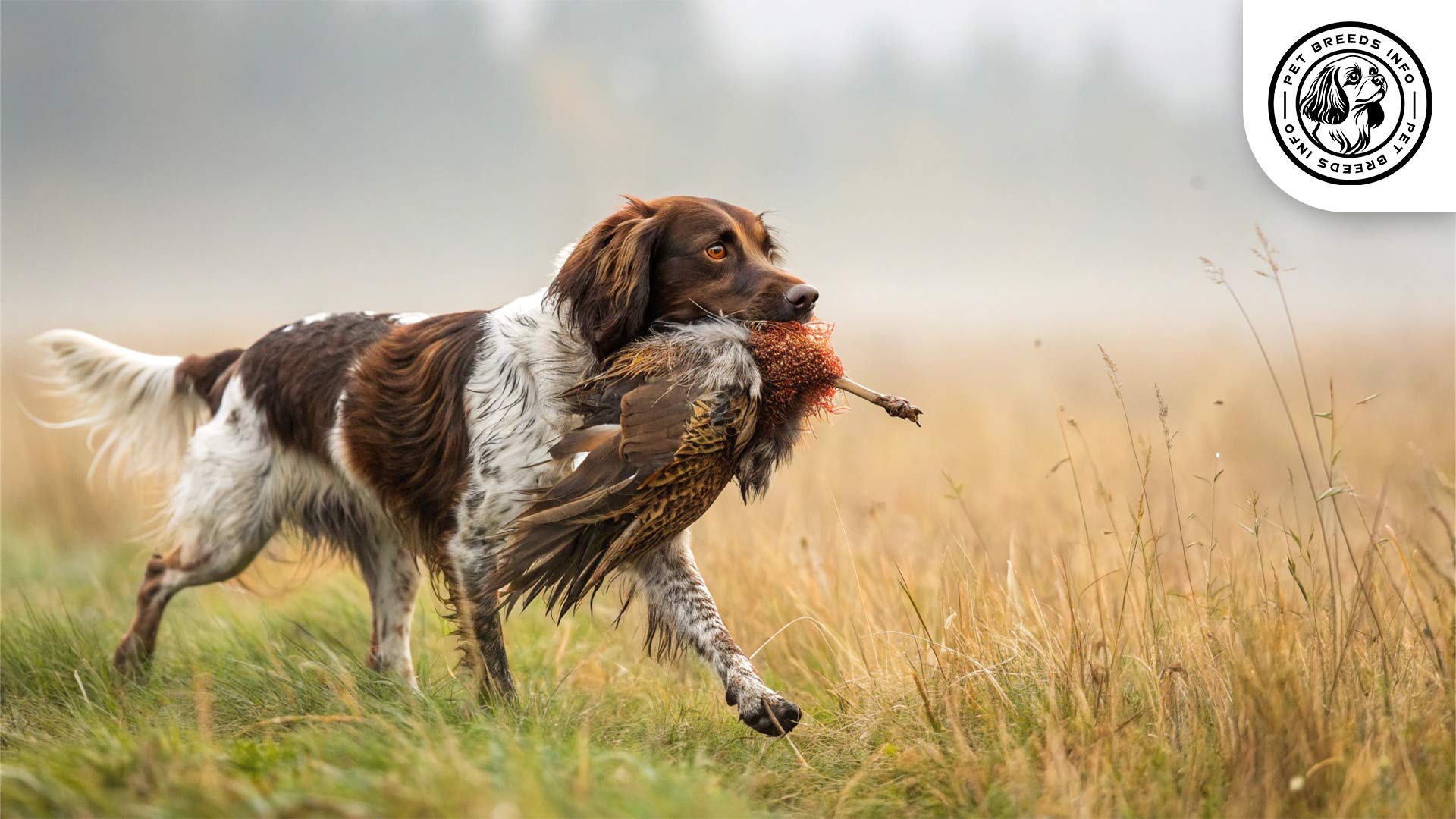
Interaction with Other Animals and Humans
The German Longhaired Pointer is known for being affectionate and friendly, making it an excellent family dog.
It generally gets along well with children and enjoys interactive playtime.
While it can coexist peacefully with other pets, its hunting background means supervision around smaller animals may be needed.
It is best suited for active families or individuals who can provide ample attention and exercise.
Price and Availability
The price of a German Longhaired Pointer puppy from a reputable breeder typically ranges between $800 to $1,500, though prices may vary based on lineage and location.
Potential owners should consider adoption from shelters or rescue organizations that specialize in sporting breeds.
When purchasing from breeders, it is crucial to select reputable ones who perform health screenings and prioritize ethical breeding practices.
Conclusion and Final Thoughts
The German Longhaired Pointer is a highly intelligent, energetic, and affectionate breed best suited for active families and experienced dog owners.
It thrives in spacious environments with access to outdoor activities and requires regular exercise and mental stimulation to stay happy and healthy.
Read More: English Toy Terrier Dog
Potential owners should be prepared for its grooming needs, high energy levels, and strong attachment to its family.
With proper training, socialization, and care, the German Longhaired Pointer makes a loyal, loving, and versatile companion.
FAQ
What are common health concerns for this breed?
They may suffer from hip dysplasia, bloat, and ear infections.
How trainable is the German Longhaired Pointer?
Highly trainable, it responds well to positive reinforcement and structured training.
Does this breed get along with other pets?
Generally, yes, but supervision is needed around smaller animals due to its hunting instincts.
What type of diet is best for this breed?
A high-protein diet with joint-supportive supplements is ideal.
